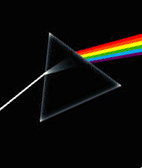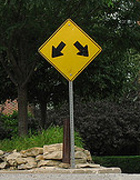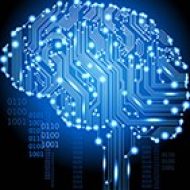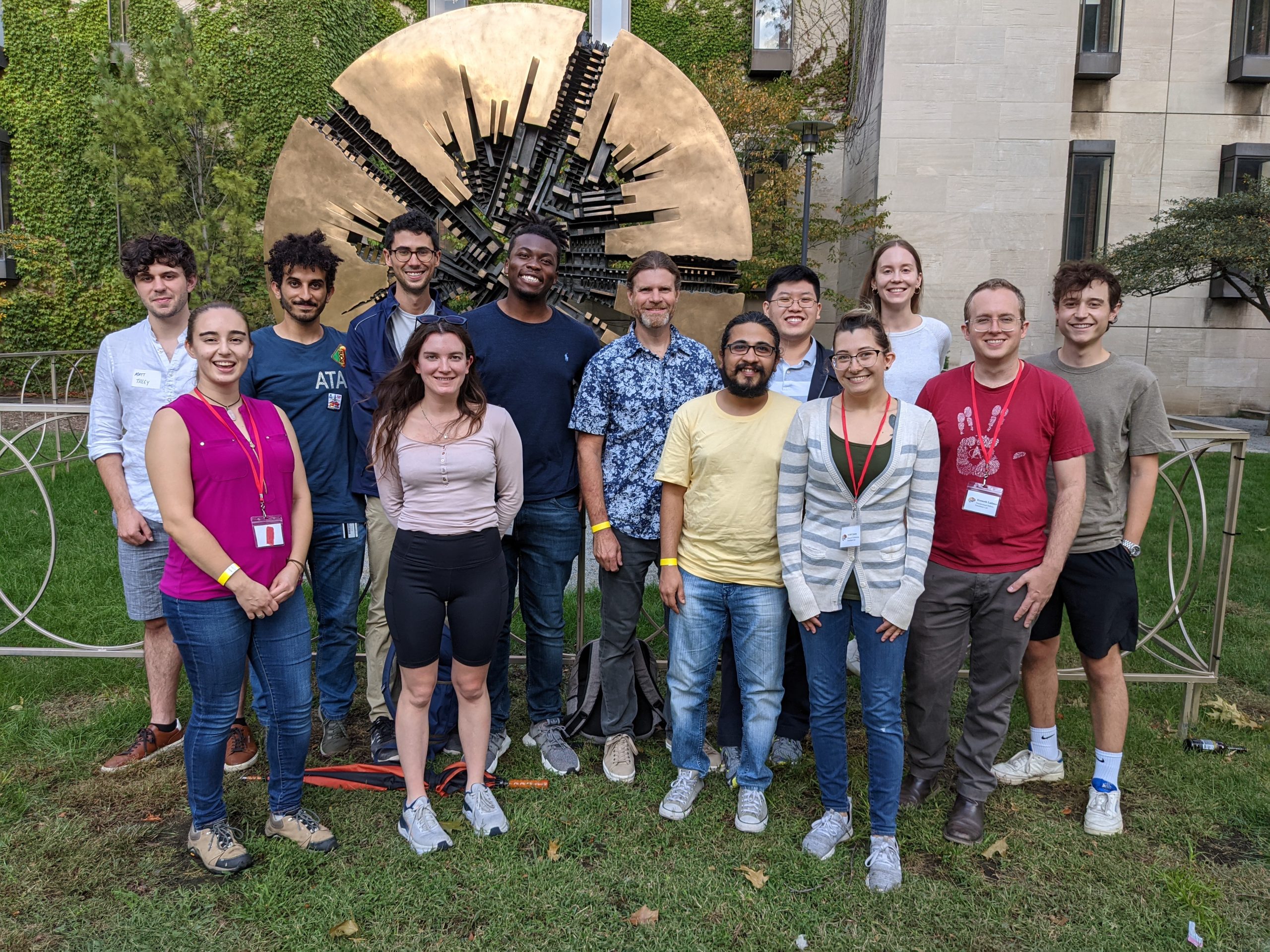Neuronal Computations for Vision and Cognition
Whether navigating a city street or searching for your car keys, you depend on your visual system to successfully interact with and learn about the world around you. A central goal of our research is to understand how the brain uses visual information to guide decision making and learning. A mechanistic understanding of these essential cognitive functions is needed to develop the next generation of treatments for neurological diseases, brain injury and mental illness.
We use sophisticated neurophysiological techniques to monitor the activity of neuronal ensembles during behavioral tasks which require visual recognition, decision making, and learning. To identify key computational mechanisms used by the brain, we also employ advanced quantitative approaches such as neural network modeling and machine learning.
We are always looking for talented and enthusiastic new lab members, including postdoctoral fellows, graduate students, research technicians and undergraduates. Interested candidates are encouraged to contact us directly. Prospective graduate students are encouraged to apply to the Ph.D. programs in Neurobiology or Computational Neuroscience here at The University of Chicago (link below).
Graduate training in Neuroscience at The University of Chicago
 Categorization
Categorization
How does the brain recognize the category, or meaning, of incoming visual stimuli? To examine this, we compare neuronal encoding across a brain-wide network of visual and cognitive areas during performance of visual categorization tasks.
 Decision Making
Decision Making
How does the brain use visual inputs to flexibly guide decisions? By designing novel behavioral paradigms in concert with neural population recordings, we are directly examining how visual representations are transformed into task-appropriate decisions and actions.
 Learning and Memory
Learning and Memory
How does learning impact neuronal encoding, and lead to the storage of new memories? We monitor neuronal ensembles in real time during learning to understand how experience shapes neuronal representations and forms lasting memories.

